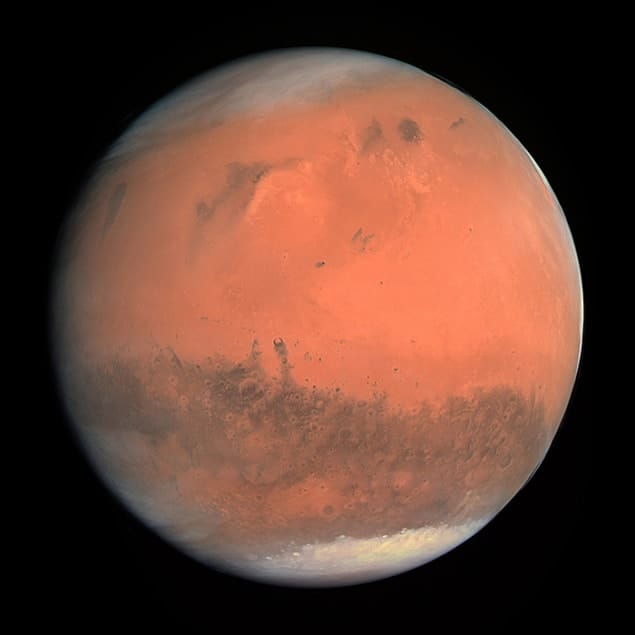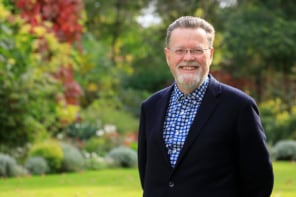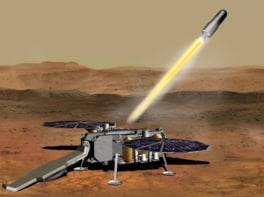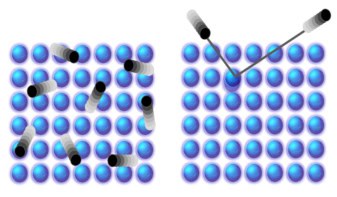
The United Arab Emirates (UAE) has announced plans to send a spacecraft to Mars by 2021, which would make it the first Arab country to reach another planet. The unmanned probe’s prospective nine-month journey is timed to coincide with the 50th anniversary of the UAE’s independence from the UK. The UAE is also creating a new national-level space agency intended to “maximize the contribution of space industries to the national economy”, according to Sheikh Mohammed bin Rashid Al Maktoum, ruler of Dubai and the UAE’s vice-president.
The Mars mission and the new space agency are intended to help diversify the country’s economy away from reliance on oil and gas and into hi-tech industries. “The government of Dubai started the Emirates Institution for Advanced Science and Technology (EIAST) in 2006, with the goal of building up local capability in research and innovation,” says Danielle Wood from Johns Hopkins University in Baltimore, Maryland, in the US. Wood has studied the technical and programmatic challenges of government space programmes around the world and visited the EIAST team, finding the researchers “hard working, ambitious and curious about the engineering knowledge they are gaining from the satellite activities”.
Leading role
Together with the South Korean company Satrec Initiative, EIAST has already designed and built two Earth-imaging satellites. EIAST is now taking a leading technical role in the partnership’s third satellite – Khalifa Sat – due to be launched in 2017. Elsewhere in the UAE, the companies YahSat and Thuraya operate satellites bought to provide services including satellite-phone networks, high-definition TV and commercial broadband internet. In total, such projects mean that Emirati investments in space technology have already exceeded AED20bn (£3.4bn). However, the country has relied on other nations for the launch capability that will be critical in the Mars mission.
Wood underlines that the UAE does not currently have the capability to reach Mars, but says it is a feasible goal in principle, given enough funding and effective partnerships with experienced space nations. “The question is how the UAE space agency will choose to partner and how much funding they prioritize,” says Wood. “Ultimately, this project could be an opportunity for engineers within the UAE to learn new capabilities, but their leaders must consider what outcomes they desire – will they emphasize local contributions or will they leverage the knowledge of the global space community to help them?”



